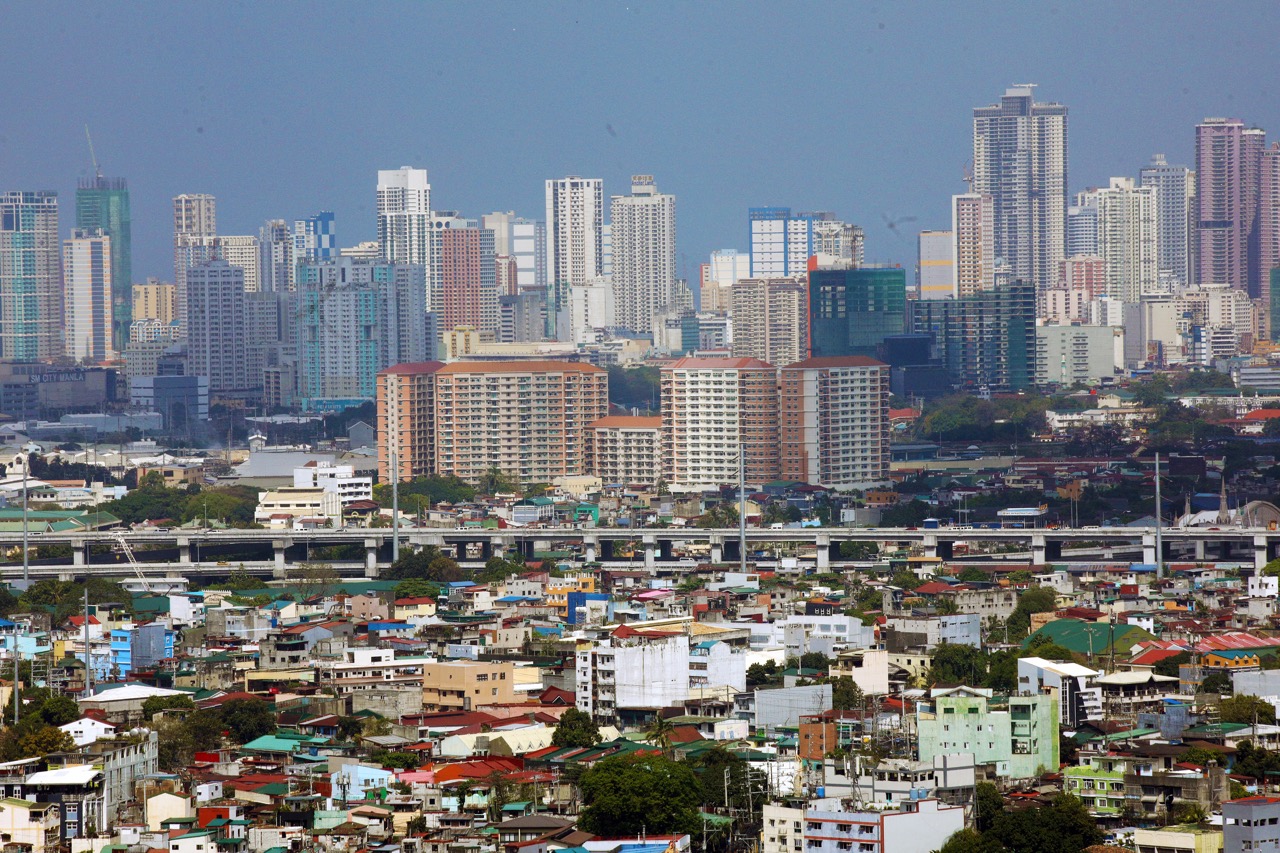
By Anna Leah Gonzales | Philippine News Agency
Philippine economic growth slightly picked up to 5.5% in the second quarter of the year, making the country one of the fastest-growing in emerging Asia.
In a briefing at the Philippine Statistics Authority office in Quezon City on Thursday, National Statistician Dennis Mapa said the economic growth during the quarter was slightly higher than the 5.4% expansion recorded in the first quarter of this year.
While growth slowed from the 6.5% in the second quarter of 2024, Department of Economy, Planning, and Development (DEPDev) Secretary Arsenio Balisacan said the Philippine economy continued to show resilience and stability amid external headwinds.
“With this performance, we maintain our place among the fastest-growing economies in emerging Asia, behind Vietnam’s 8% growth but ahead of China’s 5.2% and Indonesia’s 5.1%,” Balisacan said.
“While our growth is slower than India’s projected 6.5% expansion, we are expected to outpace Malaysia’s 4.3% and Thailand’s 2.4%,” he added.
The agriculture sector, in particular, recorded a 7% growth during the quarter, a turnaround from the 2.3% contraction in the second quarter of 2024.
Balisacan said the rebound was largely driven by improved harvests of palay and corn, supported by the Department of Agriculture’s initiatives such as the Agri-Puhunan at Pantawid Program and productivity-boosting investments in cold storage, small water impounding dams, farm reservoirs, and solar-powered irrigation systems.
The services sector also grew at a faster pace of 6.9%, from 6.8% last year, with notable gains in real estate and professional and business services.
Industry growth, however, slowed to 2.1% from 7.9%, which Balisacan said was due to the declines in output for coke and refined petroleum products, chemical products, and computers and electronics.
On the demand side, household consumption growth accelerated to 5.5% from last year’s 4.8%.
“Our strategic, sustained, and coordinated efforts to manage inflation and safeguard purchasing power are clearly making an impact,” said Balisacan.
“Prices have stabilized, and employment conditions have improved, allowing Filipino families to spend more confidently. Notably, rice prices, a major concern for households, have been declining steadily in recent months,” he added.
Balisacan said government final consumption expenditures went up by 8.7%, driven by the government’s commitment to productive expenditures in education, health, public services, and social protection.
Public construction slowed to -8.2%, due to front-loaded infrastructure activities ahead of the election ban.
Despite global uncertainties, exports grew by 4.4%, while imports of goods and services expanded by 2.9%.
“The Philippine economy remains strong, steady, and resilient—a testament to the soundness of our economic foundations. But as the President emphasized in his recent State of the Nation Address (SONA), economic growth must translate into genuine improvements in the lives of ordinary Filipinos,” Balisacan said.
Balisacan said the government is intensifying the rollout of programs especially in education, health, food security, and digital and physical connectivity.
He added that the government will continue to sustain human capital development and promote economic inclusion through quality education and training, accessible healthcare, and food security; reinforce investment, trade, and innovation ecosystems; and strengthen economic governance and institutions.
Balisacan is also confident that the lower end of the government’s 5.5% to 6.5% economic growth target for this year will be achieved.
As of the first half of the year, economic growth was at 5.4%.
“Hitting the goal is not that difficult because we are just crossing the lower limit of the range. I think that we would expect the global economy to stabilize a bit,” he said.
“All these tariff uncertainties, although they’re still there, but I think that with the supposed end of the series of announcements coming in, we hope that there will be no further destabilization in the global economy,” Balisacan added.
